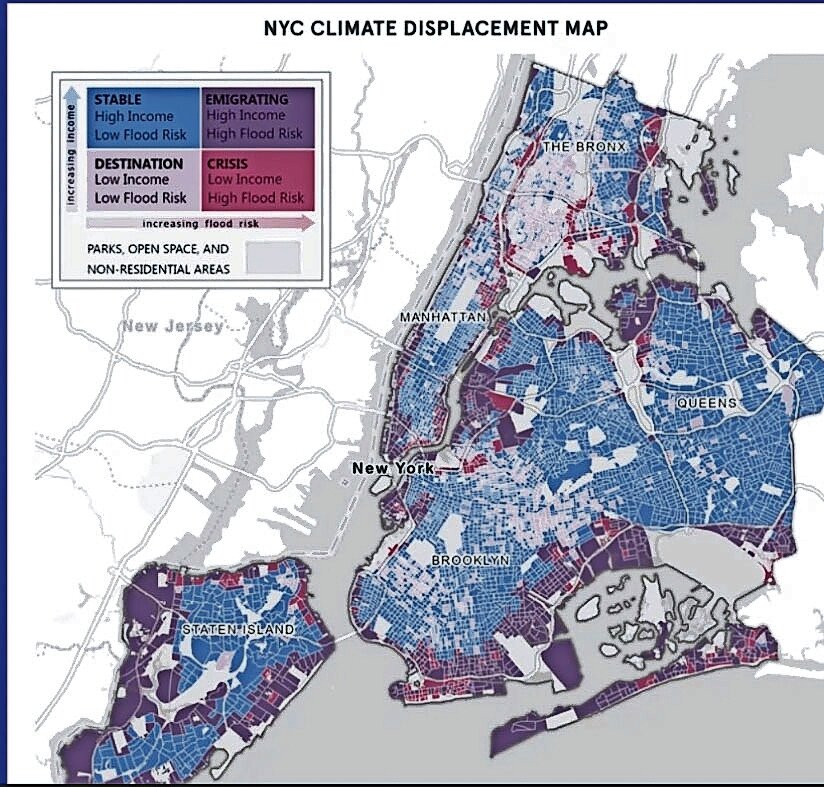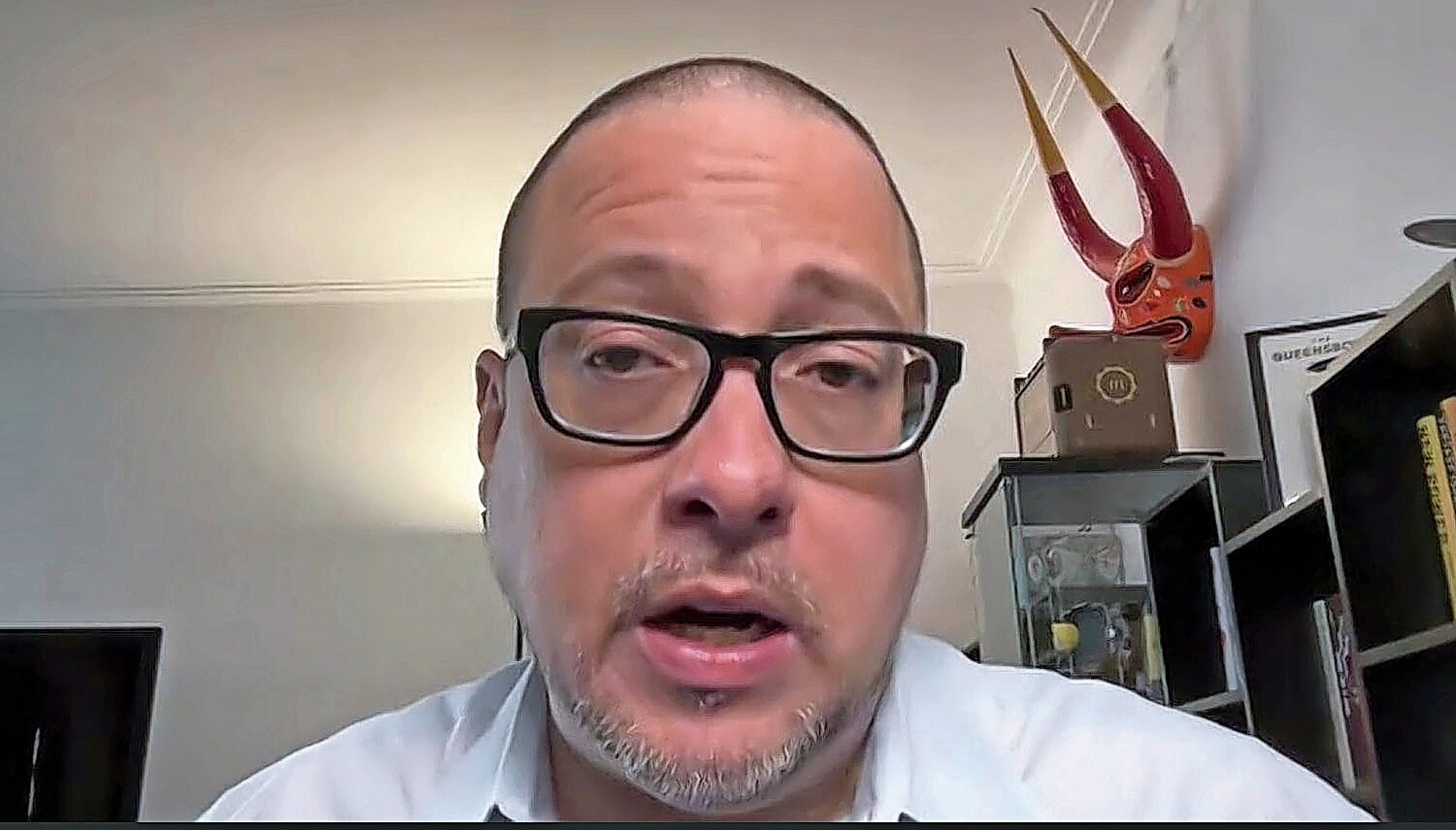Rivera introduces bill to fight affordable housing crisis
It’s expensive to live in New York, and the outlook on the climate isn’t so good.
That opens the door for new legislation from state Sen. Gustavo Rivera that he’s calling the “Livable New York Act,” which aims to fight back against the climate crisis, provide additional affordable housing and employment opportunities — all for those who have spent time behind bars.
Rivera joined a coalition of New York Communities for Change members last week in an event they dubbed the “People Briefing” where he shared more details about the legislation.
“We find ourselves in a crisis moment,” the state senator said. “And I think we all know that. Whether it’s the lack of affordable housing. Whether it’s the climate crisis that just puts pressure on our infrastructure. Whether it’s how some of that climate crisis actually has an impact on migration which then impacts our city. Whether it’s the lack of good opportunities to have jobs like good union jobs that protect workers. All of those things are things that are real in our lives.
“Those are big problems. And big problems require big solutions.”
That solution is ultimately to create a New York where people can thrive instead of just scraping by, he said. The bill’s goal is to build homes that prioritize residents who need it, eliminate the source of most of the pollution in the city and put the community to work to build a livable future by creating good union jobs.
“We need to generate revenue, and we’ve been fighting that fight and we’re going to continue to fight the fight to get some revenue to the state,” Rivera said. “And we’re going to be able to say we have somewhere to spend that money that is not just spending the money, but investing that money.”
Olivia Leirer, the Communities for Change deputy director, explained as many as 40 percent of renters are at risk of becoming homeless because of cimate change.
“We know that extreme weather from climate change is displacing people here in New York, and we know that droughts, flooding and food shortages are forcing people to leave their homelands,” Leirer said.
“This is all leading to levels of homelessness not seen in New York — not since the Great Depression.”
Leirer also focused on communities at risk of losing their homes because of flooding — something that is a very real threat in New York City, as a coastal city. And it could be even worse if high-income communities are flooded, because those residents won’t necessarily .leave the city, but instead target lower-income — and very dry — areas.
“We’re not just at risk of displacement because of climate and because of rising sea levels,” Leirer said. “We’re also at risk of displacement because we don’t have the right protections to protect us from gentrification. So, we want to make sure that all communities are safe by prioritizing building housing for the lowest income New Yorkers.”
Leirer cited a report from Save the Children showing that 10 million youngsters were displaced as a result of climate change in 2020. The number one source of climate heating in New York is not cars or landfills and waste, she added, but rather buildings.
Rivera’s bill would pay up to $50,000 in expenses per unit of housing to transition a building fully off of fossil fuels. Those funds, according to the bill, are contingent on high-road labor practices, such as project labor agreements, family-supporting jobs and union jobs. They would also maximize employment opportunities for formerly-incarcerated residents.
The program would be targeted to the benefit of lower and lower-middle income residents. Funds would have tenant protections intended to ensure renters are protected from “arbitrary treatment” by landlords in the process of upgrading housing to high energy efficiency.
“The Livable New York act will eliminate the top source of climate heating and high climate heating pollution in New York by making sure that buildings move off of fossil fuels,” Leirer said. “It will also make sure that we build homes for New Yorkers that need them the most. We’re talking about deep affordable housing, and we’re talking about making sure that these homes can be a revenue source for the Social Housing Development Authority when we win one — which we will do.”









